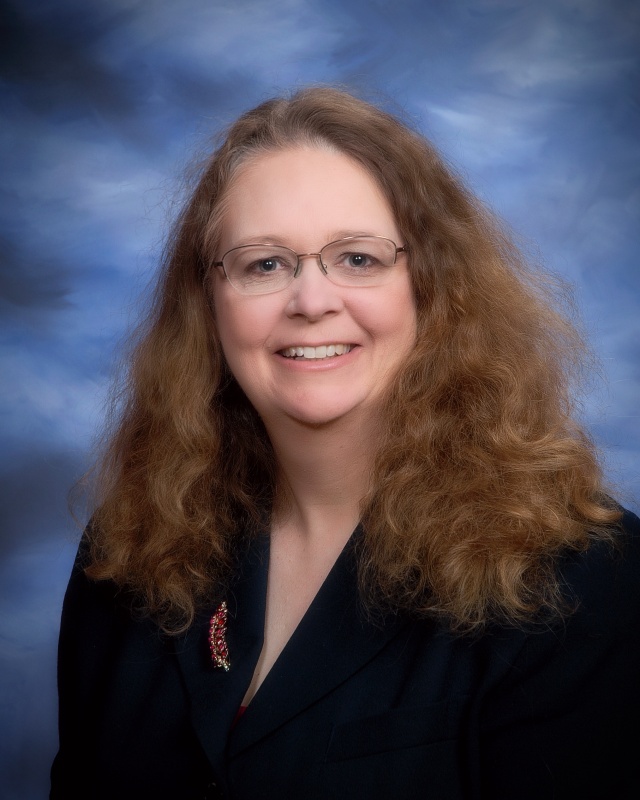 WE Magazine Guest Column by Dr. Beth-Anne Schuelke-Leech
WE Magazine Guest Column by Dr. Beth-Anne Schuelke-Leech
We are entering an era of extreme volatility, driven by the fundamental disruptions: climate change and the need for sustainability, the development and deployment of autonomous systems (including the rise of machine learning and big data), and the changing geopolitical landscape. These three disruptions are going to impact almost all areas of society. We are going to need to revolutionize our production systems, consumption choices, energy systems, and technologies if we are to achieve environmental stability and economic prosperity. We need to be preparing for an economy that requires the ability to develop and deploy innovative solutions in a socially-responsible, ethical, environmentally-appropriate, and economically-viable way, and to champion innovations through the commercialization process that will support these goals.
Sustainability is a wicked problem. There is no single definition of sustainability, but I believe that getting to sustainability will require disruptions to our social-technical-economic-political (STEP) system. That is the reason that I created the STEP disruptive technologies lab. We cannot achieve sustainability using the existing paradigms, technologies, and production methods. Thus, the research questions I am drawn to address are about how we transition to a sustainable and resilient society and how we develop and deploy tools, techniques, and technologies that support this transition. I believe that decarbonizing our energy, production, and consumption systems requires innovative and entrepreneurial thinking. Thus, sustainability requires an understanding of systems, disruptions, and transitions. We are now no longer going to be able to avoid severe climate change. We simply are not moving fast enough to decarbonize to make that possible. We are on-track to a 4ᴼC global temperature change by the end of the century and we are not making substantial progress to change that. Thus, we need to do is to figure out how to adapt to climate change in the most humane and equitable way possible.
At the same time, the emergence and deployment of autonomous and intelligent systems is having a profound impact on our world. One of my over-riding concerns is the gap between the knowledge and values of the technical developers and those involved in governance and safeguarding society more broadly. Engineers, computer scientists, and other technical developers have little education or exposure to ethical issues or discussions of the implications of their work. Within businesses, organizational structures and cultures tends to discourage technical workers from asking questions beyond the specific content of their direct work. Even in standards development, ethical and social issues of technologies are often pushed aside as being outside the scope of work or else as being too difficult to handle in the format of a technical standard. This creates two very separate worlds, one of the technical and commercial aspects of the technology and another one that considers the implications of the technologies. While there are attempts to bridge these two worlds, the attempts are generally superficial and often limited to academic discourse. Engineers and businesses focus on solving technical problems and developing new technologies. However, these technologies can also have significant unintended harms, and addressing these is typically done reactively. However, we are now at a point where simply reacting to the adverse impacts of our production and consumption systems means that the volatility and disruption will simply accelerate. I want to try to affect meaningful change before we can no longer do it.
Dr. Beth-Anne Schuelke-Leech
Associate Professor, Engineering Management, Innovation, and Entrepreneurship
Founder, STEP (Socio-Technical-Economic-Political) Disruptive Technologies Lab
Dr. Beth-Anne Schuelke-Leech is an interdisciplinary scholar with a focus on innovation, systems, and public policy. Before undertaking her doctoral studies, she worked for 12 years as a professional engineer in Ontario, primarily in alternative fuel product development for General Motors of Canada. Dr. Schuelke-Leech’s research sits at the nexus of systems, sustainability, innovation, business, and public policy. Her work focuses on the interactions of technology development with society and the effects of disruptions (specifically autonomous systems and climate change), as well as the ways to build more sustainable, ethical, and socially-responsive systems.
This article was featured in the latest issue of WE, the Faculty of Engineering’s annual magazine.
